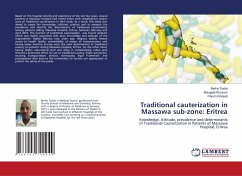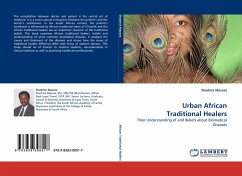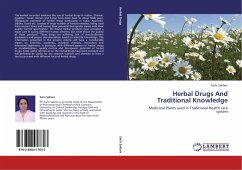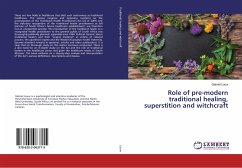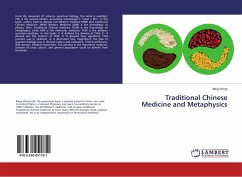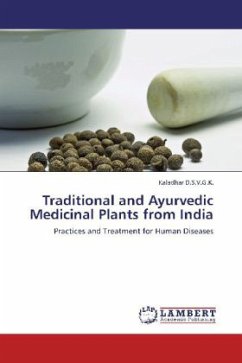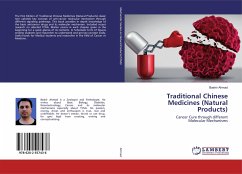Based on the hospital records and experience of the last few years, several patients in Massawa Hospital had visited either with complications and/or scars of Traditional cauterization in their body. As a result, this study was aimed to assess the knowledge, attitude, practice and to measure the prevalence and identify the determinants of traditional cauterization among patients visiting Massawa Hospital, Eritrea; between February and April 2019. The practice of traditional cauterization was found rampant which was mainly associated with poor knowledge and attitude of the respondents. Higher illiteracy rate, older age, religious beliefs, limited access to health facility, unavailability of means of transportation and having lower monthly income were the main determinants of traditional cautery on patients visiting Massawa Hospital, Eritrea. On the other hand, having higher educational level and living in comparatively urban area showed a protective effect for use of traditional cautery. Public awareness, securing transportation services, developing legal framework and proclamation that instruct the termination of cautery are appropriate to protect the safety of the public.
Hinweis: Dieser Artikel kann nur an eine deutsche Lieferadresse ausgeliefert werden.
Hinweis: Dieser Artikel kann nur an eine deutsche Lieferadresse ausgeliefert werden.

